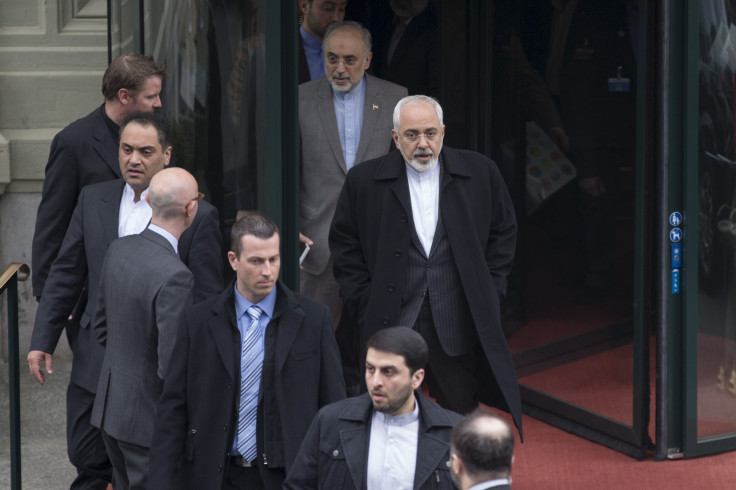Iran nuclear talks stumble over France's demands for more restrictions

Talks between Iran and six world powers over a nuclear deal have been suspended with France demanding more stringent restrictions on Iran's nuclear work.
"Given that Americans had officially said that further internal coordination meetings are needed among the (six) members, the talks were ended and will resume next week in Lausanne," Iran's ISNA news agency quoted Iranian Foreign Minister Mohammad Javad Zarif as saying.
Amid concerns that the French may block a deal, the European delegation and US Secretary of State John Kerry plan to meet in London on Saturday (21 March) to sort out differences and pave the way for a political framework for the deal by the end-March deadline.
A full nuclear deal is expected by 30 June.
Under the agreement being worked out, Iran would accept curbs on sensitive nuclear research for at least a decade and in return sanctions on it would be gradually eased.
However, Iran, which has constantly denied allegations about any nuclear weapons ambitions, wants all UN sanctions, including the crucial ones on energy and financial sectors, to be lifted immediately following a deal.
Another of Iran's demands is to have no curbs on research and development of advanced centrifuges used to purify uranium for use in nuclear reactors and weapons.
Iran's delegation returned to Tehran due to the death of President Hassan Rouhani's 90-year-old mother on Friday (20 March).
EU foreign policy chief Federica Mogherini, meanwhile, denied divisions and said: "There is unity, there is unity on the fact that we want a deal, we want a good deal."
The P5+1 - the United States, Britain, France, Germany, Russia and China - were generally unified with the Russian counterpart in agreement with Kerry.
There is, however, concern that the Obama administration was under pressure given Republican opposition to a nuclear deal with Iran.
The re-election of Israeli Prime Minister Netanyahu, a fierce opponent of Iran, has added to the pressure.
Obama has said a nuclear deal does not need Congressional approval and that he would veto any proposals for new US sanctions.
© Copyright IBTimes 2025. All rights reserved.





















